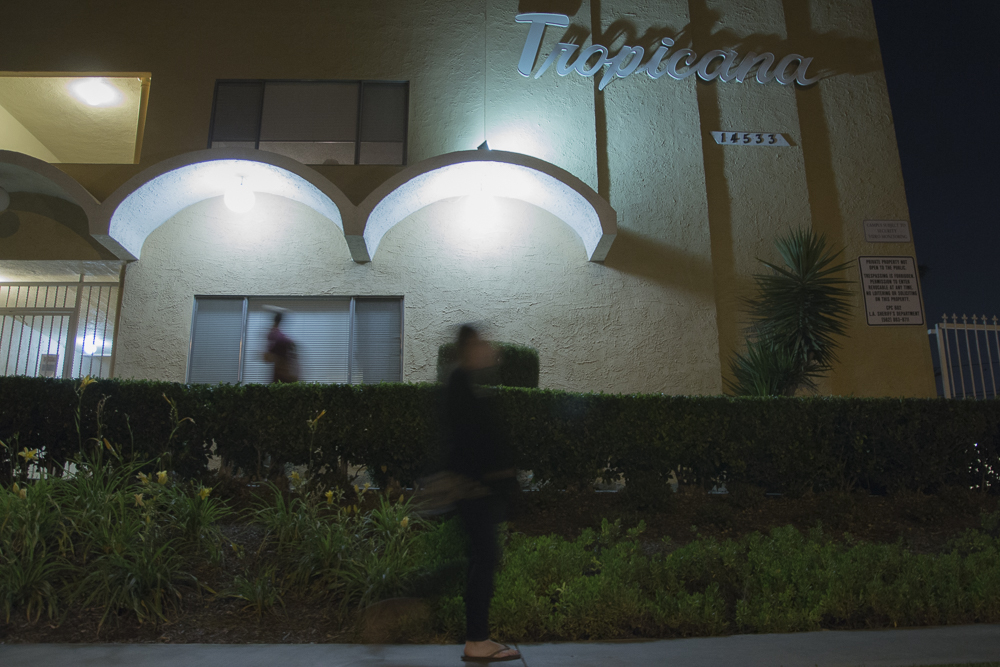Preventing sexual assault on campus takes more than one department, office, professor, student, parent, class or chapel. It takes all of us, as a community, working together in big and small ways to create a culture of safety, equality and respect on campus. In order to make an impact on campus, we must raise awareness to increase the understanding of what sexual violence is and its prevalence. We must provide risk reduction safety tips, having a response on campus like a violence response center for victims of sexual assault, and becoming more proactive about engaging long term awareness of these social issues.
Education is Crucial
To raise awareness on the issue, Biola could have more chapels dedicated to the education of sexual assault, prevention and procedures after the assault. Education is crucial to preventing assaults, but education also allows students to put a label to past experiences. After a chapel on violence last semester, many students were shocked by what qualified as sexual assault. Before the chapel, they were unaware that they or their friends had been sexually assaulted, they just felt like what had happened to them was “wrong.” I believe this is a very vulnerable topic, but one that needs to be brought to light.
Professors could put a section about sexual assault in their syllabus. Every semester, professors read and hand out syllabi to their students emphasizing what is important, what is valued and what is expected of their students. If the syllabus had a section for sexual assault, it could allow students to feel more comfortable going to their professors with such a sensitive topic, and give a chance to open discussion about sexual assault whether it is in class or their office hours. It could give a description of what it is, informing students of procedures after the assault, safety tips or warning signs, numbers and resources and the professor’s own personal statement on the issue. Also, with information on sexual assault in the syllabus, it could possibly ward off potential perpetrators in class by them being aware of the professors’ openness and education of sexual assaults.
Another way to raise awareness on campus is to form a resource center which focuses on support for students who have been sexually assaulted. This resource center could host weekly conversations open to all students, faculty and staff to attend in order to have open discussions, where these challenging topics are discussed from new perspectives but highly encouraged. People could share their research, passions and encouragement allowing us as a community to engage in healthy regular dialogue about issues which are important to all college campuses.
Beyond Awareness
Last but not least, recognizing April as Sexual Assault Awareness Month will raise awareness. During the month of April, Biola could show support by dedicating a certain color to the student body and encouraging them to wear it. We could also use our voices to make an impact through social media. All campuses need to go beyond a one-time awareness event in order to change knowledge, attitudes and beliefs about sexual assault.







